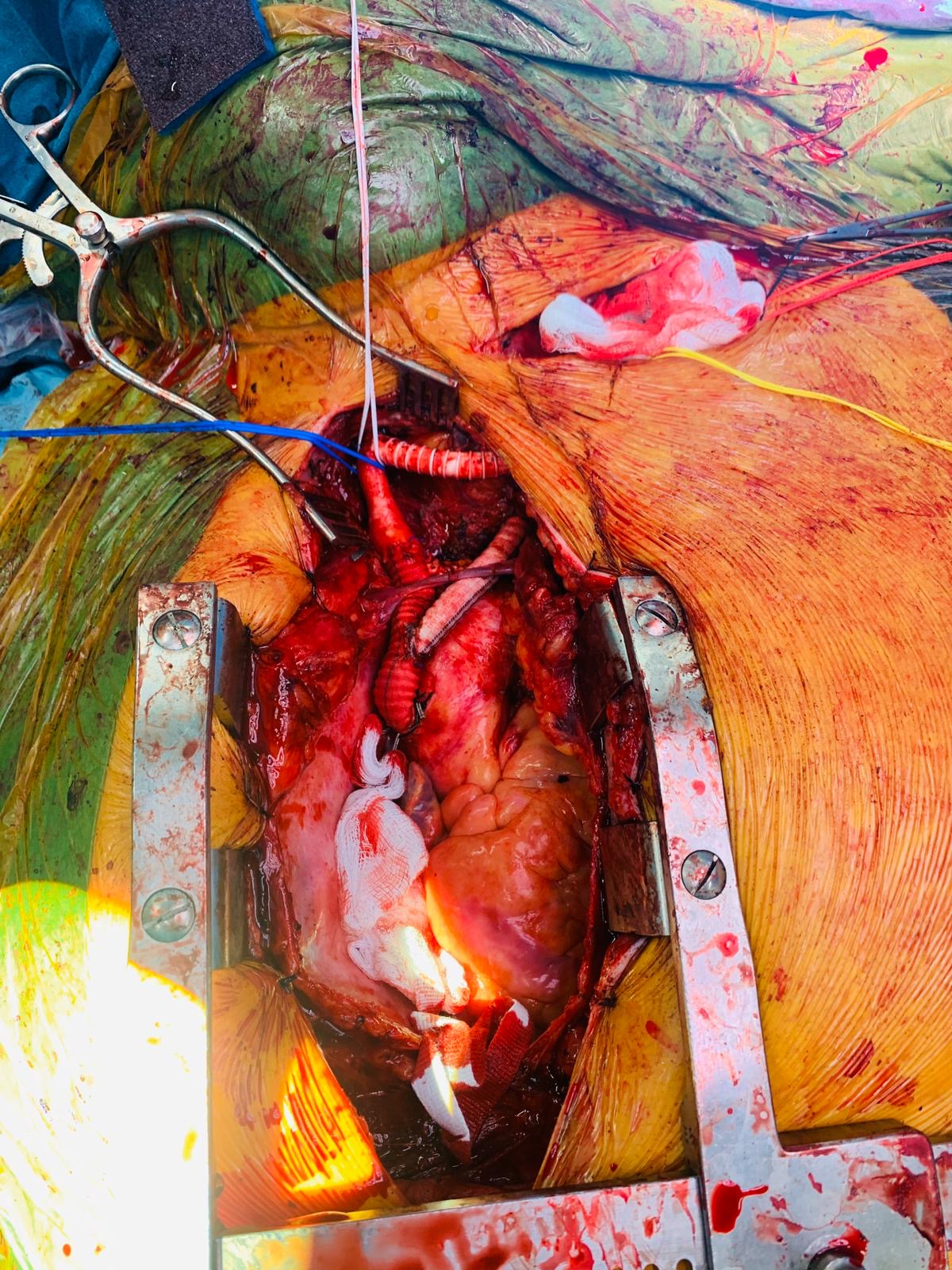
Complex aortic surgery is one of the most challenging and intricate forms of cardiovascular surgery, often requiring specialized expertise and advanced medical technology. The aorta, the largest artery in the body, plays a crucial role in blood circulation from the heart to various organs. When issues arise, such as aortic aneurysms, dissections, or other aortic diseases, immediate surgical intervention is often necessary to prevent life-threatening complications. In the UK, leading hospitals and medical professionals are at the forefront of aortic surgery, offering cutting-edge techniques and comprehensive care tailored to each patient’s unique needs.
The complexity of aortic surgeries in the UK arises from various conditions that can affect the aorta, each demanding a highly specialized approach. From traditional open surgeries to minimally invasive procedures, the medical community constantly advances its practices. Leading surgeons in the UK are trained to handle even the most complicated aortic conditions, providing patients with the highest level of care. This ensures that those undergoing surgery benefit from the latest medical advancements, improving outcomes and reducing recovery times.
Advanced Techniques and Technologies in Aortic Surgery
The UK is home to some of the most pioneering medical institutions where complex aortic surgeries are performed using the latest technology and surgical techniques. One of the most notable advancements in this field is the use of endovascular stent grafts. These stents are used in minimally invasive procedures to repair aortic aneurysms or dissections without requiring large incisions. This reduces the risk of complications and offers patients a faster recovery time than traditional open surgeries.
In addition to endovascular stenting, robotic-assisted surgeries are becoming increasingly popular in the UK. These surgeries provide surgeons with enhanced precision and control, allowing them to perform complex procedures more accurately. Robotic assistance also results in smaller incisions, less pain, and faster healing. Surgeons trained in robotic technologies can perform delicate repairs with minimal risk to surrounding tissues. The integration of these advanced techniques has made a significant impact on patient outcomes, reducing both morbidity and mortality rates for those undergoing complex aortic surgeries.
Multidisciplinary Teams Providing Comprehensive Care
One key element that sets leading institutions in the UK apart regarding complex aortic surgery is the collaborative, multidisciplinary approach to patient care. Surgical teams include cardiovascular surgeons, interventional radiologists, anaesthesiologists, and specialized nursing staff. This team of experts works together to plan and execute the most effective treatment options for each patient, ensuring that every aspect of the patient’s health is considered.
Before surgery, patients undergo thorough evaluations, which may include imaging tests such as CT scans or MRIs, to assess the condition of the aorta accurately. This allows the medical team to devise a personalized surgical plan tailored to the patient’s needs. Collaborating with various specialists ensures that all potential risks are minimized and the surgery is carried out precisely. Furthermore, patients receive extensive follow-up care, regular checkups, and support to help them recover successfully.
Challenges in Complex Aortic Surgery
Despite the impressive advancements in techniques and technologies, complex aortic surgery still presents a range of challenges for both patients and medical teams. One of the most significant hurdles is the complexity of the aortic structure itself, which can vary significantly between individuals. Surgeons must account for the patient’s unique anatomy, the size and location of the aneurysm or dissection, and any other underlying health conditions that may impact the surgery’s success.
Additionally, the risk of complications, such as infection, bleeding, or organ dysfunction, remains a concern in complex aortic surgery. Surgeons in the UK are highly skilled in managing these risks, but the nature of the procedure means that careful attention is always required. Postoperative care is crucial in reducing the likelihood of complications, and specialized care is often necessary to monitor patients closely for any signs of distress. This comprehensive, precautionary approach is vital to ensuring the best possible outcomes for patients undergoing aortic surgery.
The Future of Aortic Surgery in the UK
The future of complex aortic surgery in the UK is bright, with advancements in medical research, technology, and surgical techniques. With the continued development of minimally invasive procedures, patients will likely experience even less invasive surgeries and quicker recovery times. Furthermore, innovations in genetic research may allow for better identification of individuals at risk for aortic diseases, enabling earlier intervention and improved long-term outcomes.
As a result, the UK is expected to remain a leader in complex aortic surgery, setting a global standard for patient care. The integration of new technologies, coupled with the expertise of highly trained surgeons and multidisciplinary teams, will continue to improve the prognosis for patients undergoing these critical procedures. Focusing on individualized care and cutting-edge treatments ultimately promises a brighter future for those facing aortic conditions.